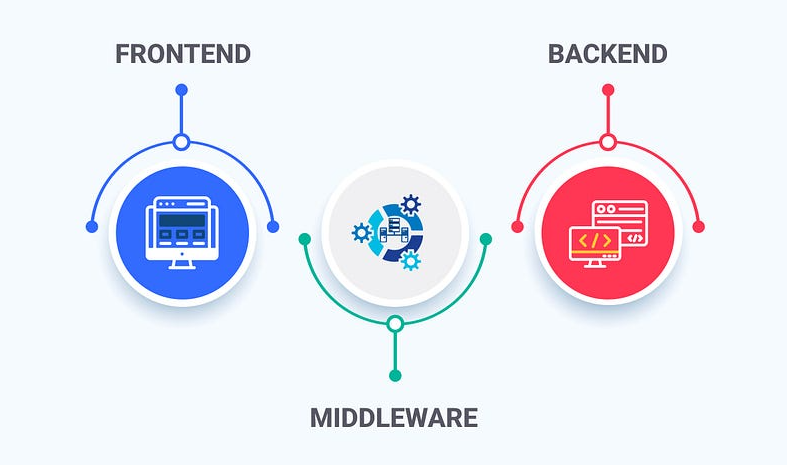Choosing the best backend developer for your project is a critical decision that can significantly impact the success of your digital endeavors. A skilled backend developer is not just a coder; they are the architects of your digital infrastructure. Here are essential considerations and steps to help you make the right choice:
1. Define Your Project Requirements:

Before you start searching for a backend developer, have a clear understanding of your project requirements. Define the scope, functionalities, and technical aspects you need. This will help you communicate effectively with potential developers and assess their suitability for your project.
2. Technical Proficiency:
Programming Languages:
Identify the programming languages relevant to your project. Common choices include Python, Node.js, Ruby, and Java. Ensure the developer is proficient in the language you plan to use.
Database Management:
Determine the type of database you need (e.g., SQL, NoSQL) and ensure the developer has experience with the chosen database management system.
3. Frameworks and Tools:
Backend Frameworks:
Assess the developer’s expertise with backend frameworks like Django (Python), Express.js (Node.js), or Ruby on Rails (Ruby).
Version Control and Collaboration Tools:
Familiarity with version control systems (e.g., Git) and collaboration tools (e.g., Jira) is crucial for efficient project management.
4. Experience and Portfolio:
Review Past Projects:
Look at the developer’s portfolio to gauge their experience. Pay attention to projects similar to yours and assess the complexity and scale of their previous work.
Client References:
Ask for client references. Speaking directly to previous clients can provide insights into the developer’s work ethic, communication skills, and ability to meet deadlines.
5. Problem-Solving and Analytical Skills:
Coding Challenges:
Consider incorporating coding challenges or technical assessments into the hiring process. This helps evaluate the developer’s problem solving skills and coding proficiency.
Analytical Thinking:
Assess their ability to think analytically and find efficient solutions to complex problems.
6. Communication and Collaboration:
Communication Skills:
Effective communication is crucial. Ensure the developer can articulate technical concepts clearly and understandably.
Collaboration:
Evaluate their ability to work collaboratively with other team members, including front-end developers, designers, and project managers.
7. Scalability and Performance Optimization:
Scalability Knowledge:
Backend developers should understand how to design systems that can scale with the growth of your project.
Performance Optimization:
Assess their experience in optimizing backend performance to ensure efficient handling of data and requests.
8. Security Expertise:
Security Best Practices:
Security is paramount. Ensure the developer follows best practices for securing data, implementing encryption, and protecting against common vulnerabilities.
9. Adaptability and Learning Ability:
Technology Trends:
Assess their awareness of current technology trends and their willingness to adapt and learn new tools and languages as needed.
10. Budget and Timeline:
Project Estimate:
Request a project estimate, keeping in mind that experienced developers may come with a higher cost but may deliver more efficiently.
Timeline Expectations:
Discuss timeline expectations and ensure the developer can meet your project deadlines.
11. Cultural Fit:
Team Dynamics:
Consider the developer’s cultural fit within your team. This includes their work style, communication preferences, and ability to align with your company’s values.
12. Legal and Contractual Aspects:
Contracts and Agreements:
Clearly define the terms of engagement in a contract. This should include project scope, payment terms, intellectual property rights, and confidentiality clauses.
13. Continuous Communication and Feedback:
Regular Updates:
Choose a developer who values regular communication and provides updates on the progress of the project.
Feedback Loop:
Establish a feedback loop to address any issues promptly and ensure that the project is on track.
Conclusion:
Choosing the best backend developer for your project is a strategic decision that requires a thorough understanding of your project’s needs and a careful assessment of the developer’s technical skills, experience, and compatibility with your team. By following these steps and considering these essential factors, you’ll be well-positioned to find a backend developer who not only meets your project requirements but also contributes to its success and future scalability.


